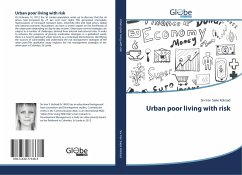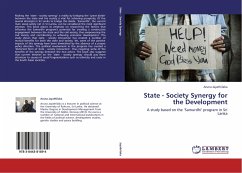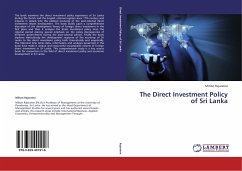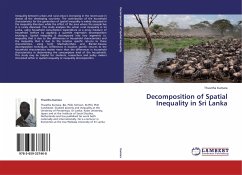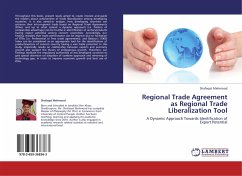On February 12, 2012 the Sri Lankan population woke up to discover that the oil prices had increased by 27 per cent over night. This generated immediate repercussions of increased transport fares, electricity bills and food prices. Global and national economic fluctuations can have a severe impact on the livelihoods of the urban poor depending on day-to-day income. Urban poor survival strategies are subject to a number of challenges, derived from internal and external risks. In order to enhance the prospects of poverty eradication strategies in a globalised world, there is a need to approach urban poverty as a contextual phenomenon, identifying the sources of vulnerability and understand the risk management strategies of the urban poor.This qualitative study explores the risk management strategies of the urban poor in Colombo, Sri Lanka.
Bitte wählen Sie Ihr Anliegen aus.
Rechnungen
Retourenschein anfordern
Bestellstatus
Storno

